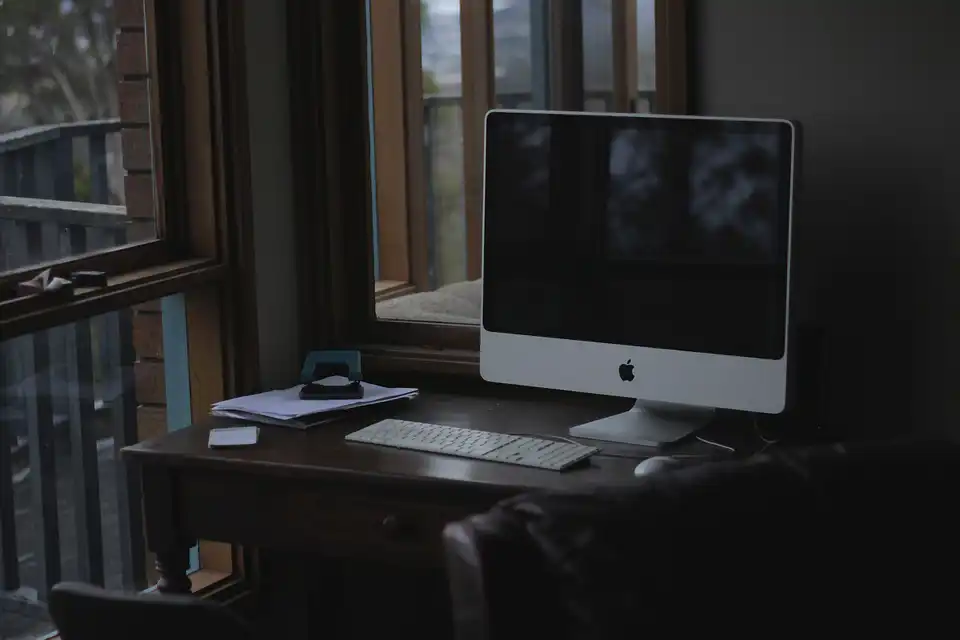The Defending Each and Every Person from False Appearances by Keeping Exploitation Subject to Accountability Act (DEEP FAKES Accountability Act) is a proposal introduced in Congress by Rep. Alexandria Ocasio-Cortez (AOC). This bill seeks to regulate the burgeoning and potentially harmful use of deepfake technology.
Deepfakes are AI-generated clips that fabricate or alter voices, images, and videos. They present an unprecedented challenge to privacy, security, and the truth, due to their realistic and convincing appearance.
The uprising of deepfake technology has caused concerns in diverse realms, including politics and cybersecurity. Focused on protecting the integrity of information in the digital world, the DEEP FAKES Accountability Act is poised to confront this issue head-on.

The bill's broad and far-reaching provisions could revolutionize the digital rights landscape. In sharing the details, we plunge into the proposed regulations, their potential consequences, and the debates they have stirred up so far.
The DEEP FAKES Accountability Act seeks to hold accountable those who use deepfake technology to harm others. The parties would be required to attach a digital watermark and provide an accompanying message acknowledging that the media has been manipulated.
It places regulations not only on the creators of deepfakes, but also on the platforms hosting such content. Platforms that fail to meet these requirements may be liable for both civil and criminal penalties, thereby increasing accountability and discouraging misuse.
Deepfakes could pose a threat to democracy, influencing public opinion and potentially swaying elections. By compelling the identification of manipulated media, the proposed legislation combats the unhealthy spread of disinformation.
While these regulations seem comprehensive initially, critics argue that certain details are nebulous and could potentially impede free speech. Their concerns revolve around the broad wording of the law, which lacks a thorough clarification of 'informed consent' and 'reasonable standards.'
The bill sets a definition of 'digital content forgery', which includes any 'audio or visual content that falsely appears to depict an authentic record of the actual speech or conduct' of a person. This account is broad enough that it could encompass memes or other forms of parody, potentially censoring them under the law.
There also exist challenges in enforcing these regulations, especially in cross-border scenarios. The lack of international jurisdiction makes it tough for the law to penalize offshore culprits, and tech platforms may struggle to police content effectively.
Another debated topic is the proposed 'right to be forgotten', akin to the European Data Protection Law. This would permit individuals to request the removal of unconsented depictions of themselves – a significant step in asserting personal digital rights.
Nevertheless, critics argue that this could be weaponized to erase digital histories and silence opposing views. They point out the risks of misuse to assert control over the narrative, potentially leading to censorship.
Amidst these discussions, it is important to note that U.S legislation on deepfakes is virtually in its infancy. Efforts to regulate deepfakes, thus, pose a significant, yet crucial challenge in shaping the future of data security and digital rights.
Nonetheless, the issue of deepfakes illustrates the broader struggle with AI-driven technologies. Rapid innovations are reshaping the societal fabric, and regulatory systems have to evolve in parallel with them.
This underscores the need for inclusive, interdisciplinary, and ongoing conversations to devise effective regulatory frameworks. These discussions should involve lawmakers, tech experts, and the public, seeking solutions that balance protection and freedom.
The DEEP FAKES Accountability Act marks the start of legal protocols in a space previously unchartered by American legislation. The bill reflects a conscious response towards safeguarding public integrity from AI-powered interference.
AOC's efforts to fry the fish that is deepfake is laudable. But as we journey through the murky waters of AI regulation, it becomes clear that multiple hurdles lay ahead.
Even so, these efforts represent a vital step forward. After all, legislation that can keep pace with technology's evolution is key to ensuring a secure and ethical digital future.
In conclusion, the DEEP FAKES Accountability Act symbolizes an earnest effort to address the digital rights challenges looming on the horizon. It has provoked important debates on privacy, free speech, and accountable AI, thus, paving the way for a nuanced legal approach towards emerging technologies.